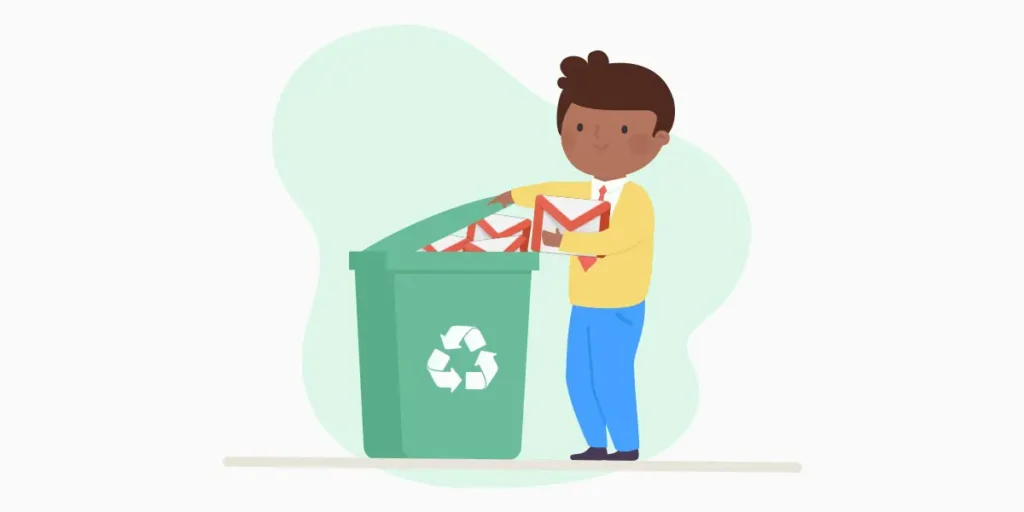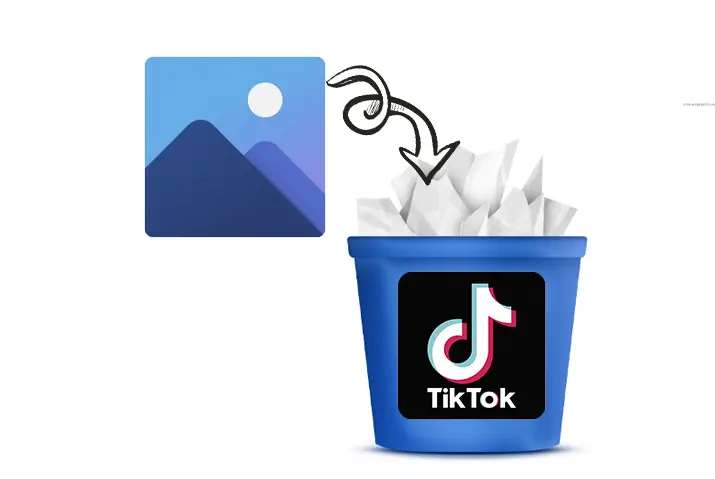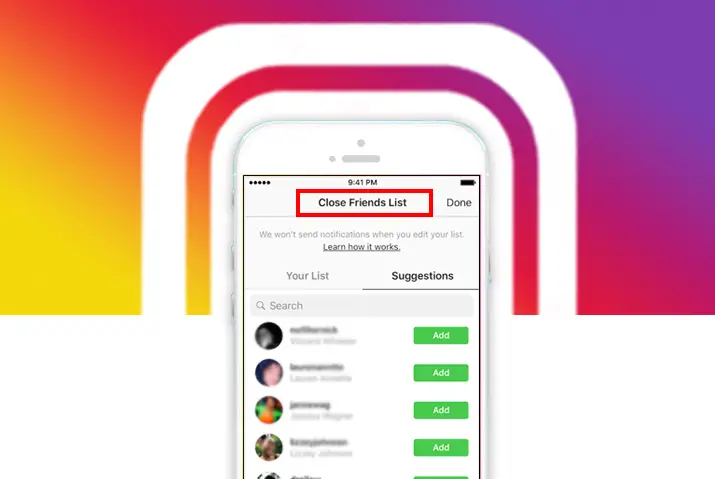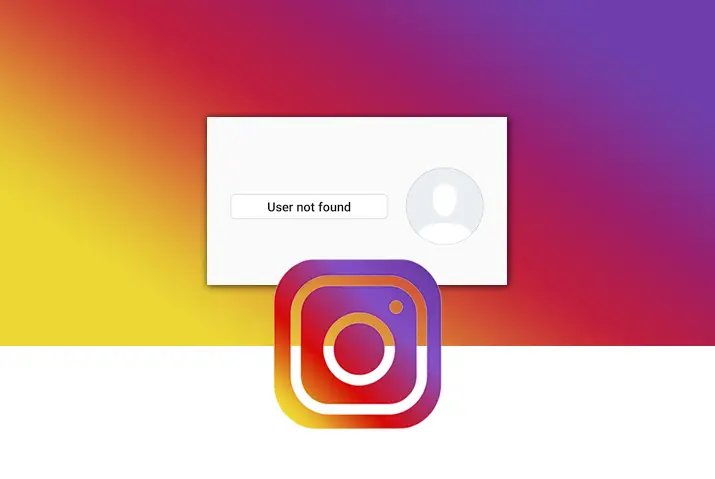On June 29, 2020, the Indian government banned the usage of 59 Chinese apps, including the immensely popular TikTok in India. Concerns over national security and data privacy primarily drove this move. Due to their Chinese origins, there were apprehensions that these apps might compromise the personal information and data privacy of Indian users.
Answer:
The TikTok app was banned in India because the government felt it might risk people’s data and privacy. They thought the app could collect and share information without users knowing, which could be harmful. So, to protect people’s privacy, the government decided to stop TikTok from being used in India.
For individuals who created videos and content on TikTok, the ban meant losing a substantial platform for their creative expressions, potentially affecting their reach and online presence. Companies that relied on TikTok for advertising and product promotions had to pivot to alternative platforms to connect with their target audience. We’ll find out why the government banned TikTok, see how it affected video makers and brands, whether TikTok will ever return to India, and check out other free apps like TikTok.
Why Is The TikTok App Banned in India?
Beginning on 5 May 2020, there was a fight between soldiers from India and soldiers from China in a place called Ladakh. In this fight, 20 Indian soldiers lost their lives. Because of this, many people in India became very upset and started saying they didn’t want to use things made in China anymore. Some people talked about this online, and some even went outside to show how they felt.
After this, the Indian government decided to stop people from using 59 apps from China, like TikTok. The government didn’t say it was because of the fight, though. They said these apps are not good for India because they might harm the country’s safety, its defense, and how things are ordered in public.
People in India have told the government that these apps take information from users and send it to computers in China. This means that the private things people share on TikTok and other apps are kept on computers far away in China. And if the Chinese government asks for this information, these companies give it to them.
How Will India Implement the Ban?
The Indian government had asked Google and Apple to remove these apps from their app stores so people in India couldn’t download them anymore. If someone already had these apps on their phone, they might have seen an error message like “network error” when they tried to use them without the internet. TikTok, for example, would have shown errors like “Network error” and “No internet connection” on phones with mobile data and Wi-Fi.
When people tried to use these apps, they saw messages like “Dear users, we were following the rules from the Indian government to stop people from using these 59 apps. We cared greatly about keeping everyone’s information private and safe in India.”
So, it seemed the Indian government had been serious about the ban, and all the internet companies were stopping these apps from working.
Why Was This The Right Thing To Do?
Choosing not to use products from a certain country is a better response than starting a war. What India did makes sense in many ways and will help keep the data of millions of TikTok and other app users safe.
It might sound like I’m taking sides, but I believe that all democratic countries worldwide should avoid using things from China and apps that could be risky for their country’s safety. The Communist Party of China doesn’t let big tech companies like Google, Facebook, and Amazon operate there.
Instead, they make similar products in China and encourage their people to use them. Sometimes, China even sells similar products in other countries. Because of these similar companies and products, Facebook, Amazon, and Google lose a lot of money yearly.
So, by not using Chinese products and online platforms, we can send a strong message to China. This might make China more open to using products worldwide and not just making their own.
India’s Information and Broadcasting Minister, Prakash Javadekar, mentioned that this decision can help Indian startups. Indian tech startups will be inspired to create better apps that can be more popular than TikTok. Apps like Roposo, Mitron, and Chingari are Indian alternatives to TikTok and can be great options.
How Did This Affect TikTok?
The TikTok ban in India had a significant impact on China. Here are some key points:
Loss of User Base
India was one of TikTok’s largest markets, with over 600 million downloads and 600 million active users. The ban resulted in a sudden loss of this massive user base, directly impacting TikTok’s popularity and reach.
Financial Loss
The ban affected Chinese companies’ revenue and financial prospects in the Indian market. TikTok’s parent company, ByteDance, reportedly lost billions of dollars due to the ban. Other Chinese firms, such as Alibaba Group and Tencent, faced financial setbacks as their apps were included in the ban.
Market Competition
The ban created opportunities for local Indian firms to fill the void left by TikTok. Several Indian short-form video-sharing services gained millions of users within a short period after the ban. This shift in the market dynamics favored local companies and increased competition for Chinese firms.
Funding Source for Indian Startups
Many Indian startups had Chinese venture capitalists (VCs) as their major backers. The ban disrupted the funding ecosystem, as Chinese VCs were a significant source of investment for Indian unicorns (startups valued at over $1 billion). This situation forced Indian startups to explore alternative funding options.
Impact on China’s Tech Industry
The ban highlighted Chinese tech companies’ vulnerability in foreign markets. It served as a wake-up call for Chinese firms to diversify their markets and reduce dependence on a single country. The ban also raised concerns among Chinese companies about potential bans in other countries and the need to address cybersecurity concerns.
Impact on TikTok Content Creators and Brands
No doubt, India has the most popular creators on TikTok. Some use TikTok for fun, while others make a living from it. The ban will affect these creators a lot.
Even though there are other places to make videos and advertise, it will differ from TikTok. Experts say that moving to Instagram could drop engagements by around 90%. TikTok had more people using it, and they spent more time there compared to Instagram.
For example, if a creator was making $5000 from a video they got paid for on TikTok, they might only make $1000 on Instagram. Other platforms could pay even less.
TikTok also helped many creators get noticed; those who didn’t use other platforms could lose a lot. New creators who were becoming popular on TikTok will have a hard time because they need to switch to a different platform.
On 18 March 2020, brands like Dettol and Nivea used TikTok to promote challenges and hashtags about handwashing. These campaigns got more than 9 billion views.
TikTok India’s Response To This Situation
TikTok’s leader in India, Nikhil Gandhi, responded quickly to the situation. He said they respect the government’s decision and are following it. Gandhi mentioned, “TikTok follows all the rules about keeping people’s information private and safe, as required by Indian law. We haven’t given any information about our users in India to any foreign government, including China.”
Gandhi explained that TikTok has made the internet more equal and helps many people make a living. He said that many people use the internet for the first time. Gandhi also said that TikTok takes user privacy and honesty seriously.
Regarding a law about intelligence, Gandhi said that TikTok wouldn’t share important user information even if asked to.
China’s Response To TikTok Ban
Zhao Lijian, a spokesperson for the Chinese Foreign Ministry, was the first to react from China. He mentioned, “China is worried about the message India has given. We’re looking into what’s happening.”
He clarified that the Chinese government always tells its businesses to follow all the world’s laws. He also said that India should ensure they respect Chinese investors’ legal rights.
Zhao said, “India and China working together is good for both sides. It helps both of us.”
YouTube Vs. TikTok Controversy in India
A big fight happened between YouTube and TikTok in India. People all over South Asia talked a lot about it. It started when a TikTok person named Amir said bad things about the funny videos made by Indian YouTube people. These YouTube people were making fun of TikTok’s strange videos and challenges. Amir didn’t like it and said bad things about YouTube videos and the people who liked them.
Many people in India liked YouTube more, so they gave TikTok very low ratings. People have also used hashtags like #bantiktokinindia on Twitter and other places to show they don’t like TikTok.
Even though this fight didn’t stop TikTok in India, many YouTube people and their fans felt better after this. CarryMinati made a video making fun of Amir, and many people liked it.
Is TikTok A Safe Platform?
Let’s travel back to 2017 when something important happened. The Chinese Government made a rule called the National Intelligence Law. This rule said that organizations and people in China must help the government’s intelligence work. If the government wants private information from users to keep the country safe, the organizations have to give it, and they can’t say no.
This rule doesn’t only affect India. Even in places like the Netherlands and Europe, people are worried about TikTok’s safety. Also, the military in Australia and the US has completely said no to TikTok.
In June 2020, people who use IOS14 noticed something. TikTok can see what you’ve copied on your clipboard. That’s where you copy things like special codes, passwords, and messages.
TikTok Alternatives for Creators
India is good at technology and has done many great things. There are some other apps, like TikTok, that you can use instead. They might be different from TikTok, but they’re still worth trying.
1. Roposo
The app is from India and works on Android and IOS devices. Lots of people have downloaded it – more than 50 million! It’s becoming well-liked by users. It’s called Roposo and works in 10 different languages, including English. With Roposo, you can make short videos or edit pictures. You can use video filters, GIF stickers, and effects to make your videos and pictures look cool.
2. Mitron
Mitron is a free app for short videos and making friends, like TikTok. It is from Bengaluru, India. It resembles TikTok and lets you show off your talents and ideas. You can also watch many cool videos worldwide in its library.
3. Chingari
Chingari is another fun app for making and sharing short videos. You can also play games and win coins and prizes with it. There’s a new section that tells you about things happening all around the world. It’s a very flexible app. More than 8 million people worldwide use it, and it’s getting even more popular. If you like TikTok, this is a great choice.
How Can Indians Use TikTok After The Ban?
The ban is a serious thing, and everyone should follow it. But if you still want to use TikTok, there are ways. When the government blocked certain adult websites, people found ways to get to them. The easiest way is to use something called a VPN.
The government made the ban very strict, so you can’t use the TikTok app on your phone. But this VPN trick can work if you use TikTok on a computer or phone browser.
- First, go to the app store and get a well-rated VPN. I suggest NordVPN.
- Connect to a different country, like the USA, where TikTok works.
- Open your web browser and go to TikTok’s official website.
Now, you can watch TikTok videos without any worries. But remember, you can’t make or upload videos on the web version. You can only look at the “For You” page.
Frequently Asked Questions (FAQs)
Here are some of the frequently asked questions related to why TikTok got banned in India, and they are as follows:
Did the Ban Have Any Impact On the Indian App Ecosystem?
Yes, it did. When TikTok was banned in India, many people started using other apps for short videos. This change allowed Indian apps like ShareChat and Chingari to grow and become more popular.
Were There Any Legal Challenges To The TikTok Ban In India?
Legal challenges appeared after TikTok was banned in India. Some users and creators filed petitions in court against the ban, arguing that it affected their freedom of speech and expression. However, the ban was upheld to address concerns about content and user safety.
Has TikTok Made Efforts To Return To The Indian Market?
Yes, TikTok has taken steps to re-enter the Indian market. The company expressed interest in complying with local regulations and addressing concerns. They aimed to create a safer environment by implementing content moderation and investing in partnerships.
Conclusion
The Indian government’s decision to ban Chinese apps, including TikTok, in 2020 stemmed from valid concerns surrounding data privacy and national security. This move highlights the critical need for robust data protection measures and comprehensive regulatory frameworks in today’s digital age. It plays a pivotal role in shaping the future of the tech industry in India while fostering the development of alternative platforms that prioritize user data security.
I’ve discussed why TikTok and other Chinese apps are banned in India. I’d love to hear your thoughts and ideas in the comments. If I missed anything, please let me know. You can also check out our Online Help Guide website for more news and updates about TikTok.





